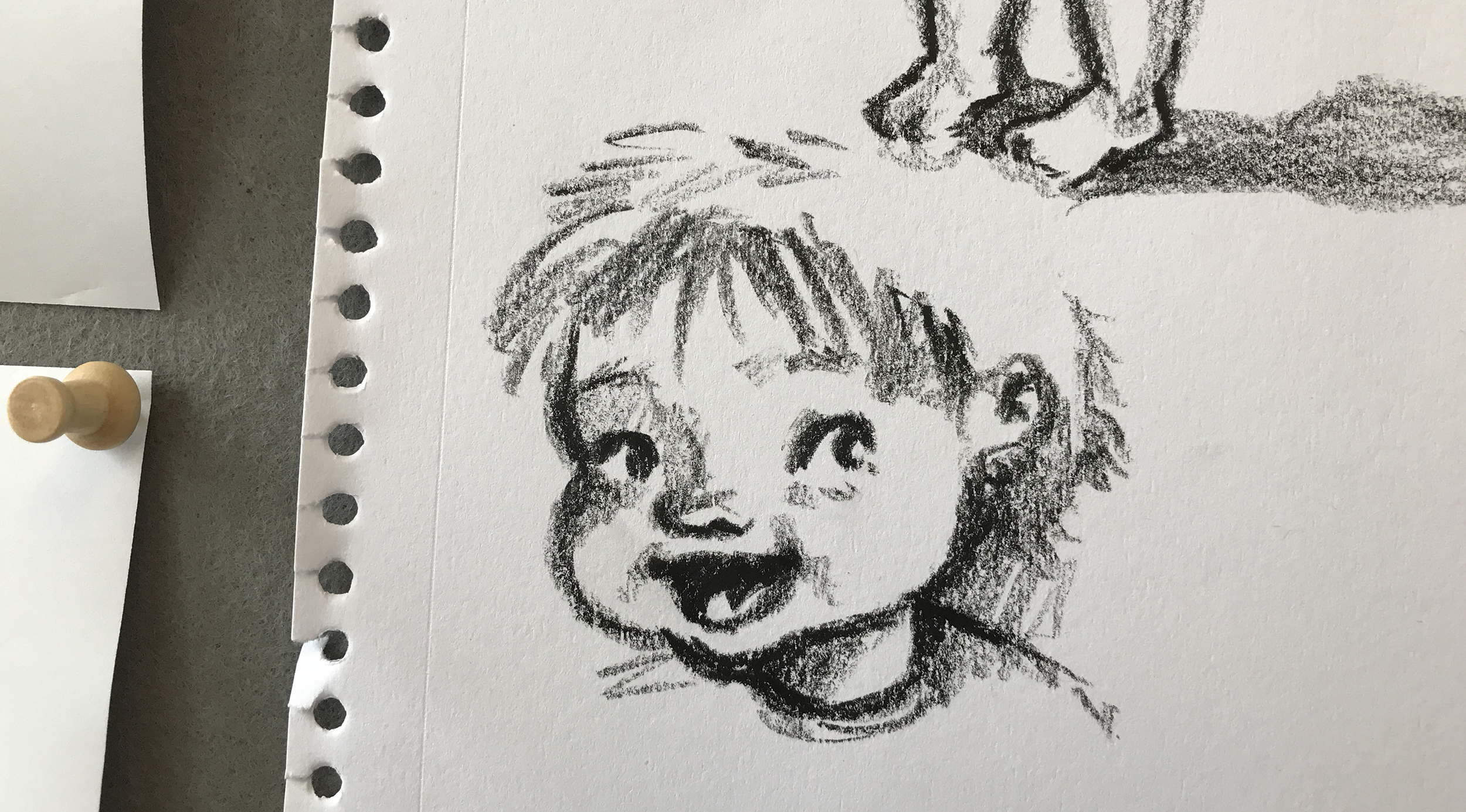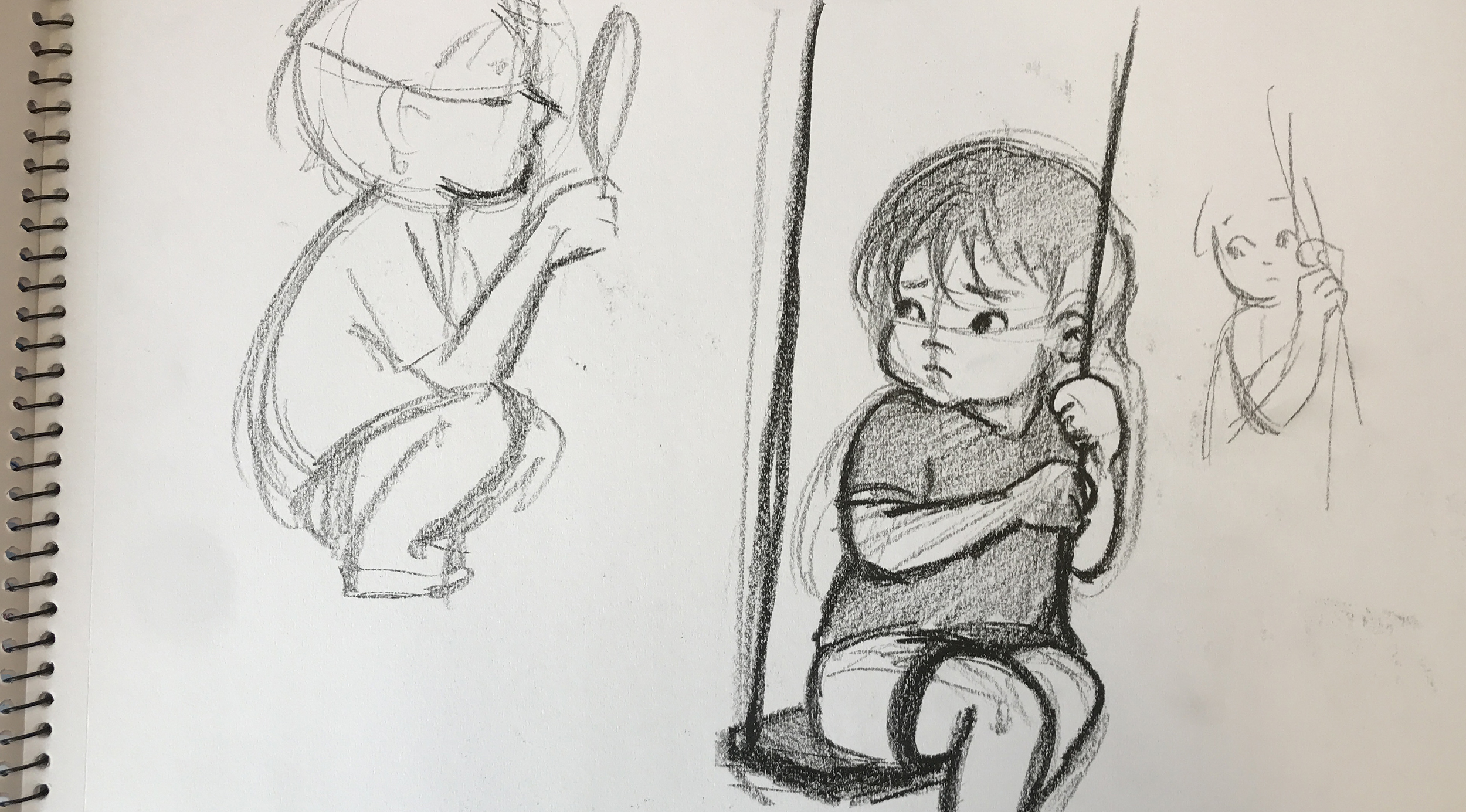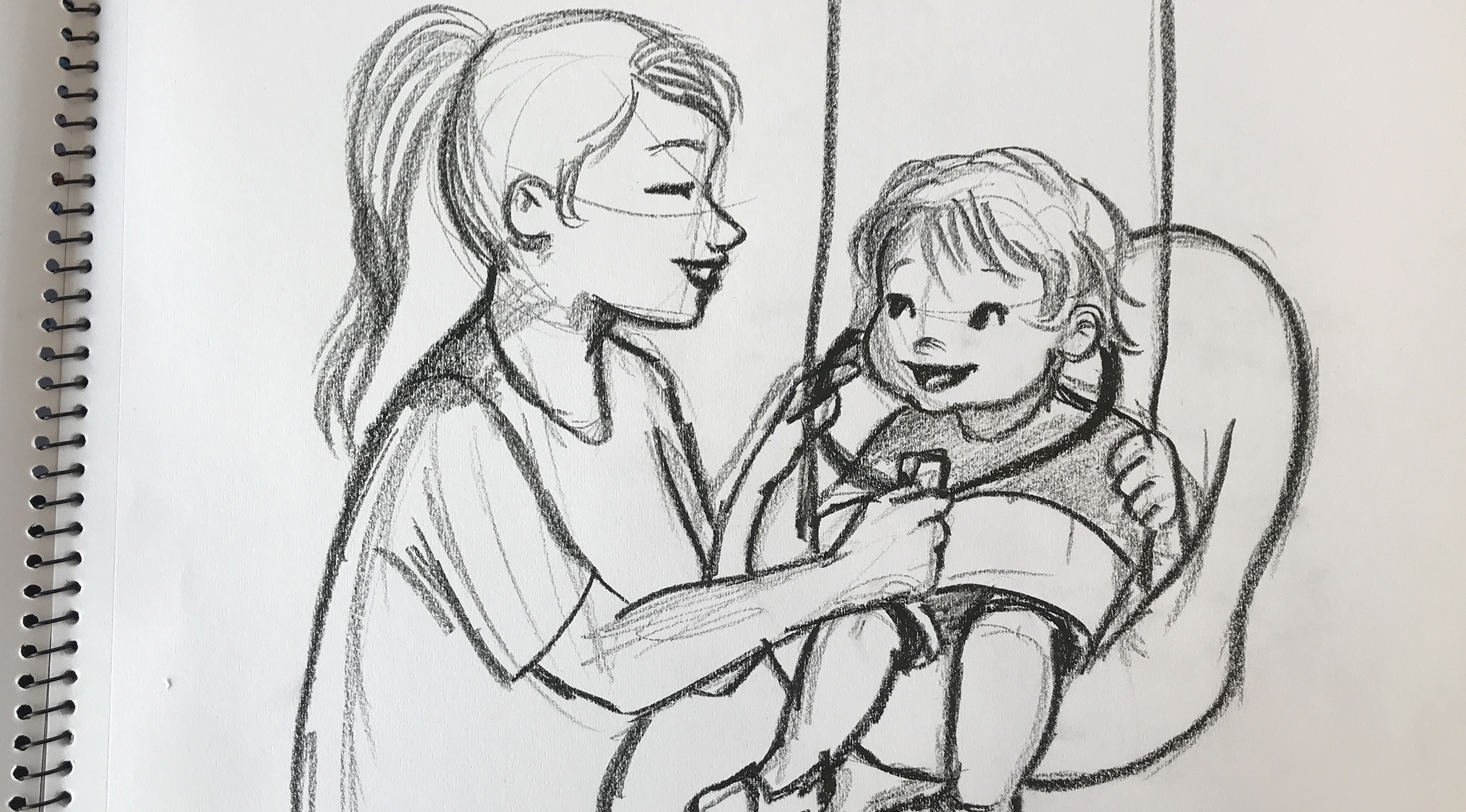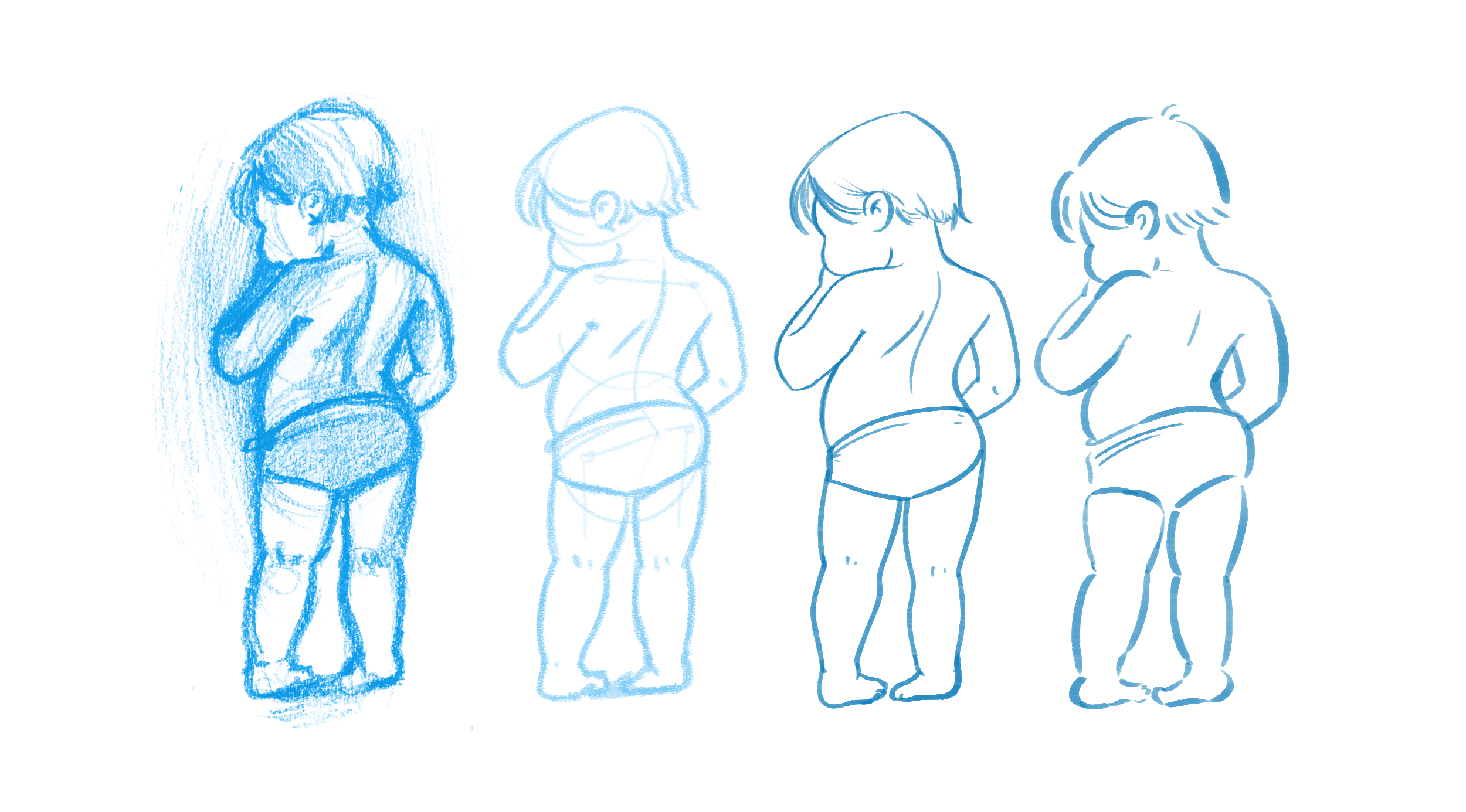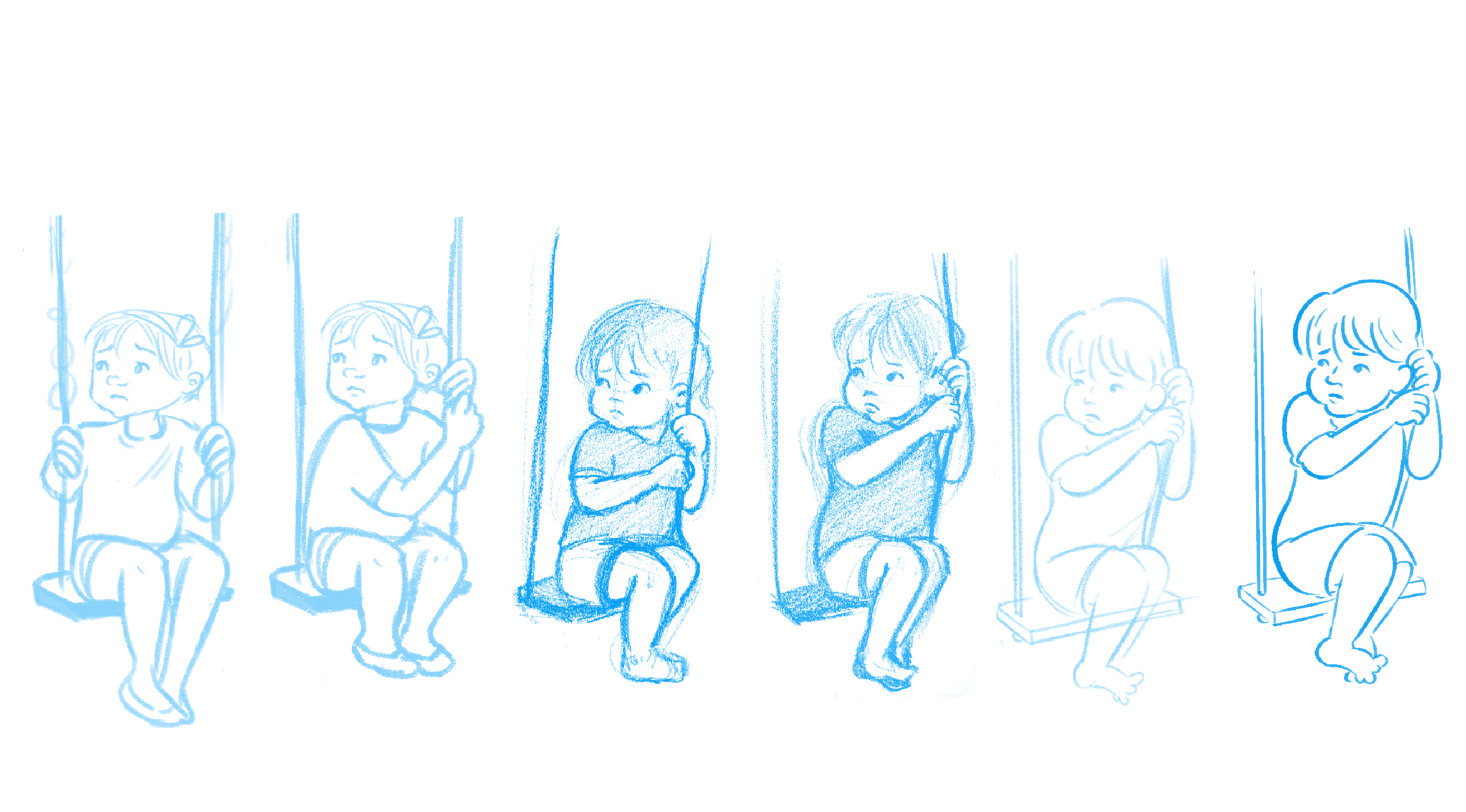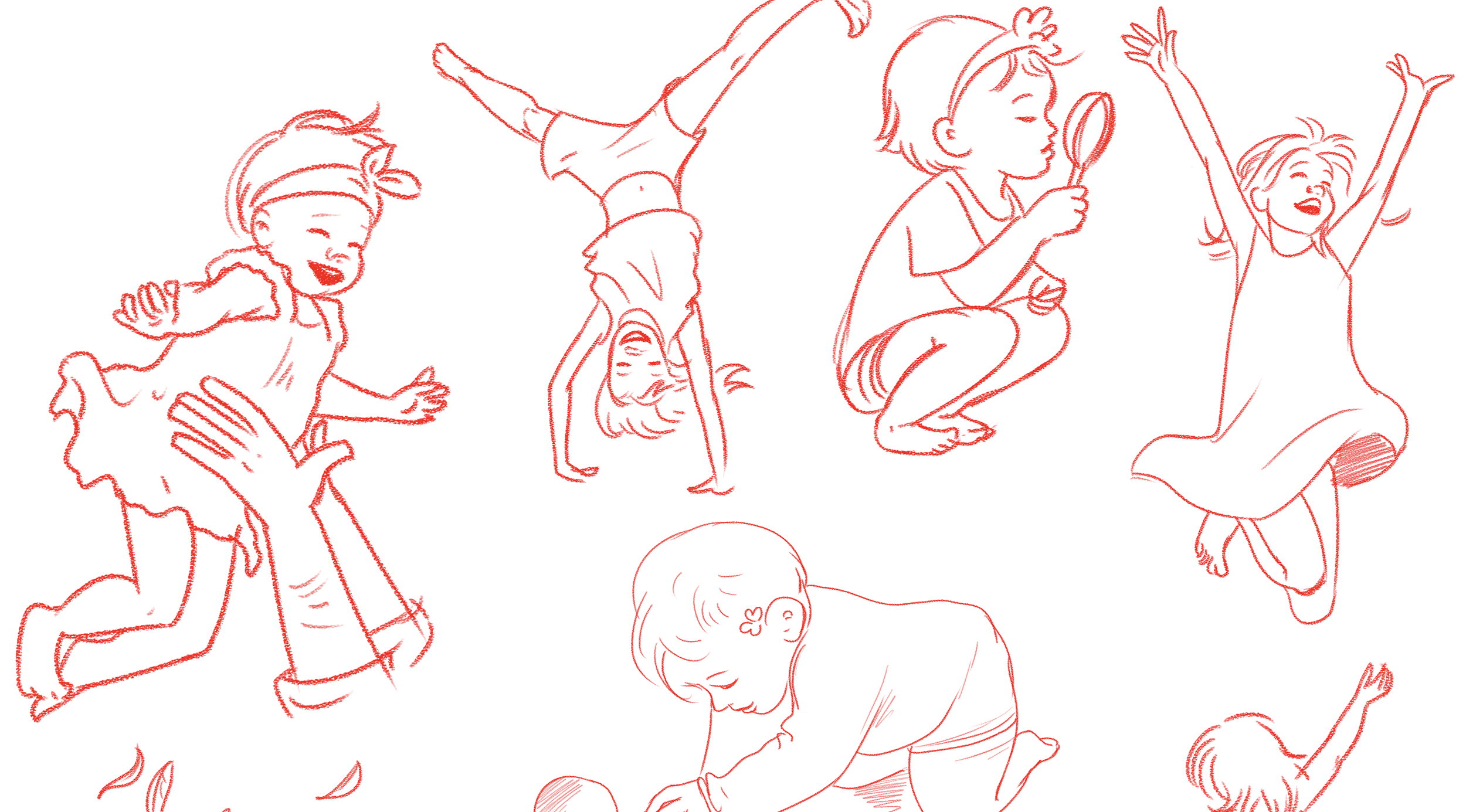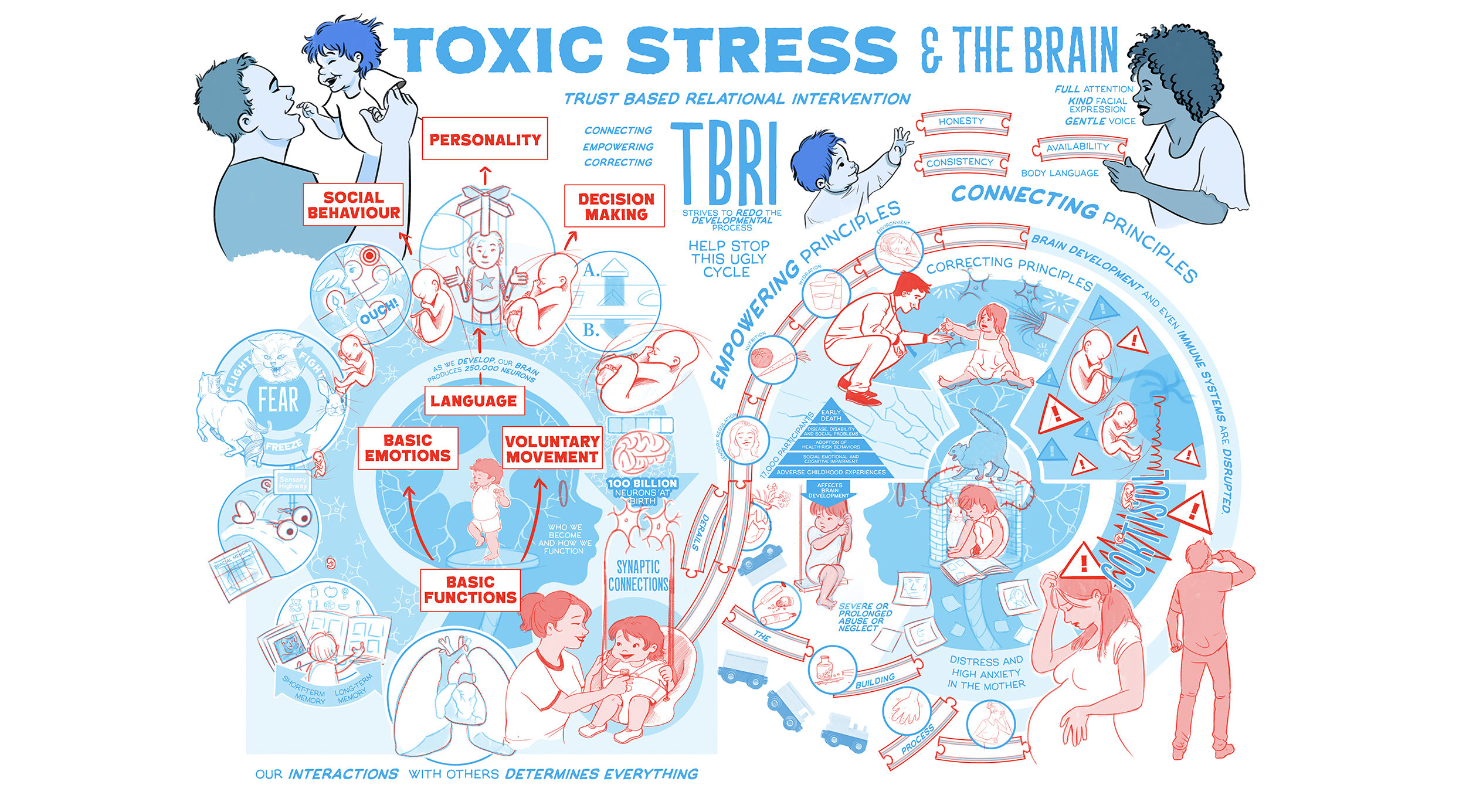Cynthia Hall and the Karyn Purvis Institute of Child Development
Toxic stress and the brain
The scrapbook
About the client
Recent scientific developments and studies like the Adverse Childhood Experiences study have shown the toxic effect of stress on children both before and after birth. Producer and director Cynthia Hall, who also voices this film, is passionate about helping children who have suffered trauma. Cynthia came to us to create a third film about ‘Trust Based Relational-Intervention' for the Karen Purvis Institute of Child Development. The film raises awareness about the impacts of trauma on children’s brain development and describes how the TBRI® principles can be used to help children who have been exposed to toxic stress.
The challenge
This subject combines in-depth information about the makeup, development and functions of the brain, with the emotive and difficult subject of childhood neglect, abuse and trauma. In order to fully understand how effective TBRI® can be, it was vital to establish the relationship between the development of the brain and the experiences that shape it. This gave us a large volume of information to cover in a short space of time, however, by making full use of our Extra Narrative toolbox, we were able to create a compelling film that is both informative and sensitive in its handling of the subject.
The film
By birth a child has 100 billion neurons, organised by a synaptic network. These networks shape who we become and impact everything. Prolonged or severe abuse and neglect derails this network building process, even begin in the womb with toxic stress. The film looks at the way TBRI® can be used to undo this damage, through creating a calm, nurturing environment.
The visual language for this film combines literal, character-based illustration to create and emotional anchor, whilst using playful visual metaphor to explore the functions and anatomy of the brain. Language use in the script such as the ‘derailing’ of the development process lent itself to the use of a child’s wooden train set as an analogy for their life, brought back on track by the ‘connecting principles’.
The context
Find out more about TBRI (Trust-Based Relational Intervention) at the Karyn Purvis Institute of Childhood Development website.
Cynthia Hall and the Karyn Purvis Institute came to us to create a whiteboard animation highlighting the critical issue of human trafficking and the situations that can lead to someone becoming trafficked.
The Anna Freud National Centre for Children and Families have put together a free 5 step framework. Simple and evidence based, the framework was created for schools to use in supporting young people with their mental health.
As society recognises the need for better mental health provision, it is becoming clear that easier access to talking therapies is essential.
Everyone has mental health, and our level of health can change. In the school setting no one is better placed to notice when these changes happen than staff!
In today’s world an address acts as a de facto form of identity and underpins everything from applying for a job to opening a bank account. The lack of an address can be a huge barrier to people experiencing homelessness receiving support and help.
The Cares Family came to us to create a whiteboard animation encapsulating their community ethos and their activities connecting young and old.
We worked with the Anna Freud National Centre for Children and Families to create a whiteboard animation that introduces the CASCADE framework to mental health and education professionals.
We worked with the Karyn Purvis Institute and Cynthia Hall to produce this whiteboard animation on the IDEAL® Response - guidance on responding to the behaviour of children from hard places.
We worked with The Karyn Purvis Institute, Cynthia Hall and the Texas Christian University to create this film, raising awareness about the impact of toxic stress on children.
Working with Cynthia Hall and the Karyn Purvis Institute of Child Development at the Texas Christian University (TCU) we created a film to look at the role of secure attachment in children and the way TBRI® can help build this.

